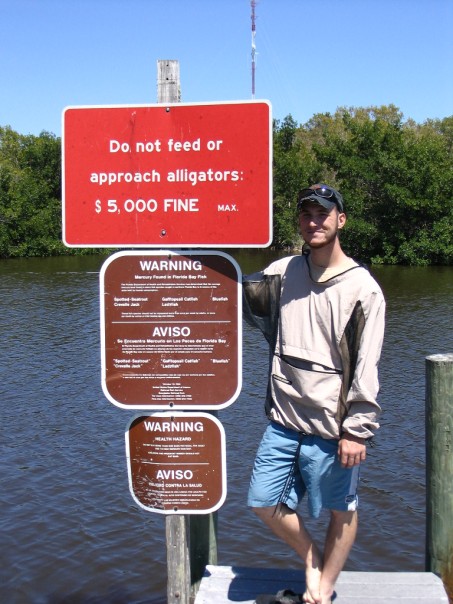Bend Weekly News Sources
The Recreational Fishing Alliance (RFA) is issuing a call to action from saltwater fishermen throughout the country in an effort to make their collective voice heard by the International Pacific Halibut Commission (IPHC); an organization forged under a U.S./Canadian treaty to manage the halibut biomass in Pacific waters.
Next week, the IPHC is scheduled to hold closed meetings for discussions on the recreational harvesting of halibut off the coast of Alaska. Currently, Alaska's commercial fleets take over 90% of the halibut resource and kill over 12 million pounds, annually, just in wasted bycatch. This, alone, is close to double the amount that sport anglers catch. However, the commercially dominated IPHC is proposing to cut the charter fleet bag limit to one fish per person, crippling Alaska's charter and tourism industry.
"The IPHC's main job is to continually monitor the health of the halibut biomass and then determine how many pounds of halibut can be harvested by the U.S. and Canada in a given year", explained RFA executive director Jim Donofrio. "In the past, the allowable catch for halibut is then managed federally by the North Pacific Fisheries Management Council (NPFMC) under the control of the National Marine Fisheries Service (NMFS) as mandated by the Magnuson-Stevens Fisheries Conservation and Management Act."
The RFA aims to protect Alaska's recreational halibut fishing industry and uphold legislation in the Magnuson Steven Act (MSA) that dictates fisheries management be a transparent process with public input, by urging individuals to voice their concern to Dr. William Hogarth, assistant administrator of National Oceanic and Atmospheric Administration Fisheries, Alaskan Senator Ted Stevens, as well as their local senators.
"This proposed action sets a terrible precedent for U.S. fisheries policy", states Greg Sutter of the Alaska Charter Association. "We are currently looking into the legality of this action to insure that no jurisdictional bounds have been overstepped."
Now I can't pretend to know the whole situation with the halibut. I do know that in my fisheries course, we looked at the stocks and they were being overfished. However, I love how its always the recreational fisherman that get blamed. Instead of closing the commercial catch (which worked so well for stripers on the Atlantic coast), they will punish the recreational guys who want to keep fish stocks healthy and dont stand to make any profit from the fish... GOOD IDEA IPHC!




1 comment:
John, You are right, you don't understand this issue. Halibut are one of the best managed stocks in the world, in large part because the directed commercial fishery has embraced conservation-based management and has been fishing for 100 years - the fishery has won numerous awards for the right way to manage a fishery- the charter fishery was allowed to develop virtually unregulated and the mentality is "we can't hurt a stock, we 'recreational'" - they are not they are commercial and they need to live within their allocation - they have exceeded the allocation by more than 40% and have hurt local subsistence areas. Some charter operators understand that unbridled growth is bad for the resource and bad for their business - the rest are into boom and bust then move to the next area to set up their business. Shame on you for not doing your homework and assuming you understand the issue.
Post a Comment